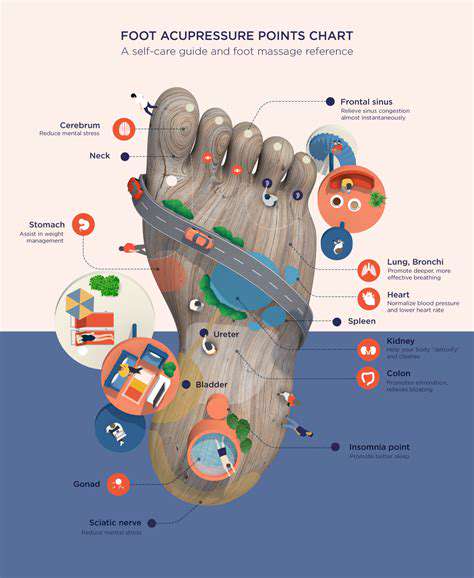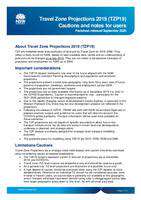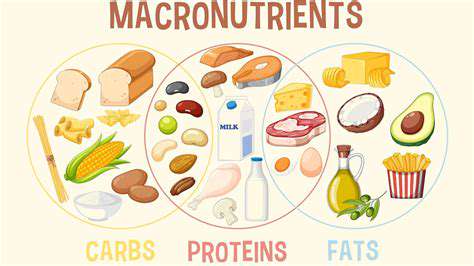Essential Supplements for a Balanced Diet
Iron is a critical mineral for oxygen transport throughout the body. It's a key component of hemoglobin, the protein in red blood cells responsible for carrying oxygen from the lungs to the tissues. Iron deficiency can lead to anemia, characterized by fatigue, weakness, and shortness of breath. This deficiency can severely impact cellular function, as cells rely on oxygen for energy production.
Dietary sources rich in iron include red meat, poultry, fish, beans, lentils, and leafy green vegetables. However, the absorption of iron from plant-based sources can be lower than from animal sources. Therefore, a balanced diet incorporating a variety of iron-rich foods and potentially a supplement, especially for those with dietary restrictions or absorption issues, is necessary to maintain healthy iron levels.
Magnesium: The Cellular Workhorse
Magnesium is another vital mineral involved in hundreds of biochemical reactions within the body. It is essential for muscle and nerve function, blood sugar control, and blood pressure regulation. Magnesium deficiencies can manifest as muscle cramps, fatigue, and even irregular heartbeats. It plays a critical role in maintaining cellular structure and function.
Zinc: The Immune System's Ally
Zinc is a crucial nutrient for immune function, cell growth, and wound healing. It's involved in the production of proteins and enzymes, which are essential for various biological processes. Zinc deficiencies can impair the immune system's ability to fight off infections, leaving individuals more susceptible to illness.
Adequate zinc intake is also important for healthy growth and development, especially in children and adolescents. A balanced diet including lean meats, seafood, nuts, and legumes can provide ample zinc.
Calcium: Building Strong Bones and Muscles
Calcium is a fundamental mineral for building and maintaining strong bones and teeth. It also plays a critical role in muscle contraction, nerve function, and blood clotting. Calcium deficiency can lead to osteoporosis, a condition characterized by weakened bones and an increased risk of fractures.
Dairy products such as milk, yogurt, and cheese are excellent sources of calcium. However, individuals with lactose intolerance or dietary restrictions can explore other calcium-rich foods like leafy green vegetables, fortified foods, and certain types of fish. A balanced approach to calcium intake is essential for overall health.
Beyond the Basics: Exploring Additional Supplements

Beyond the Fundamentals of Addition
Understanding addition, while seemingly simple, plays a crucial role in more complex mathematical concepts. It forms the bedrock upon which multiplication and division are built, and it's a fundamental skill used in countless everyday applications, from balancing your checkbook to calculating distances on a map. Mastering addition is not just about memorizing basic facts; it's about developing a deep understanding of the underlying principles of combining quantities.
Practice and consistent application are key to solidifying your understanding. Working through various examples, from simple problems to more intricate scenarios, allows you to internalize the process and identify patterns. This practice reinforces your understanding and helps you develop quicker and more accurate calculation skills.
Advanced Addition Techniques
Moving beyond the standard addition algorithm, exploring advanced techniques can significantly improve speed and accuracy. Strategies like carrying over, regrouping, and using the commutative property can streamline the process, allowing you to tackle more complex problems with greater efficiency.
Understanding the relationship between addition and subtraction is also important. Often, subtraction can be viewed as the inverse operation of addition, allowing you to check your work and gain a more comprehensive understanding of the mathematical concepts.
Applications of Addition in Real-World Scenarios
Addition is far more prevalent in daily life than many realize. From calculating grocery bills to determining travel times, addition is a critical tool in everyday situations. Mastering this fundamental skill empowers individuals to tackle practical problems with confidence and accuracy.
Understanding how to apply addition to real-world problems helps you to develop critical thinking skills. Applying these skills to budgeting, scheduling, and other tasks fosters a deeper understanding of numerical relationships and problem-solving techniques.
The Impact of Addition on Higher-Level Math
The seemingly simple act of addition forms the foundation for more complex mathematical concepts. Understanding addition is essential for tackling topics like algebra, geometry, and calculus. It allows you to build upon a solid mathematical base and to approach more intricate problems with confidence and precision.
The principles learned in addition, such as place value, regrouping, and recognizing patterns, are essential building blocks for a strong understanding of higher-level mathematical concepts. This understanding is vital for success in various academic and professional pursuits.











